The Science Behind Why Dogs Are So Friendly
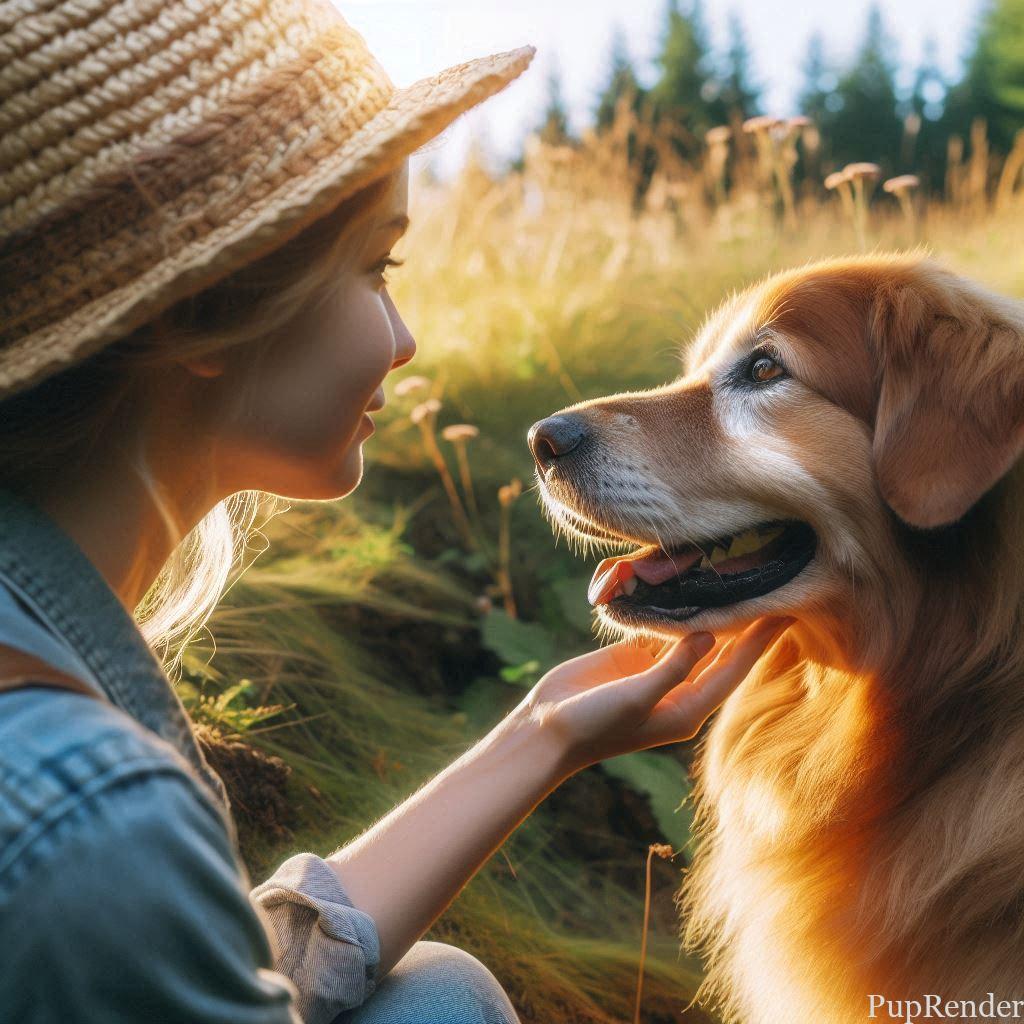
Dogs are known as “man’s best friend” for a reason, but what is it about our furry companions that makes them so friendly? Is it their loyal nature, a learned behavior, or something deeply rooted in their DNA? The science behind why dogs are so friendly reveals a fascinating combination of evolutionary traits, social bonding, and genetic factors that explain their unique ability to connect with humans.
The Role of Evolution in Dog Friendliness
From the moment humans began domesticating dogs, these animals developed a bond with us like no other species. In fact, research shows that the friendly nature of dogs evolved over thousands of years as a survival mechanism. Early dogs who were more docile and cooperative found it easier to coexist with humans, leading to a mutual relationship where both species benefited.
Why Dogs Are the Happiest Pets Ever!
Oxytocin: The “Love Hormone” That Strengthens Bonds
When your dog gazes at you with those loving eyes, something magical happens. Both you and your dog experience a spike in oxytocin, commonly known as the “love hormone.” This hormone plays a crucial role in social bonding, not just between humans, but also between humans and dogs.
Studies have shown that when dogs and their owners interact, their oxytocin levels rise, creating a feedback loop of affection and trust. This hormone helps solidify the friendly and loyal behavior that dogs are known for. Dog owners often find this connection to be one of the key reasons they experience such strong emotional bonds with their pets. Want to know more about your dog’s emotional well-being? Check out 5 Secrets Only Dog Owners Know for insights into their behavior.
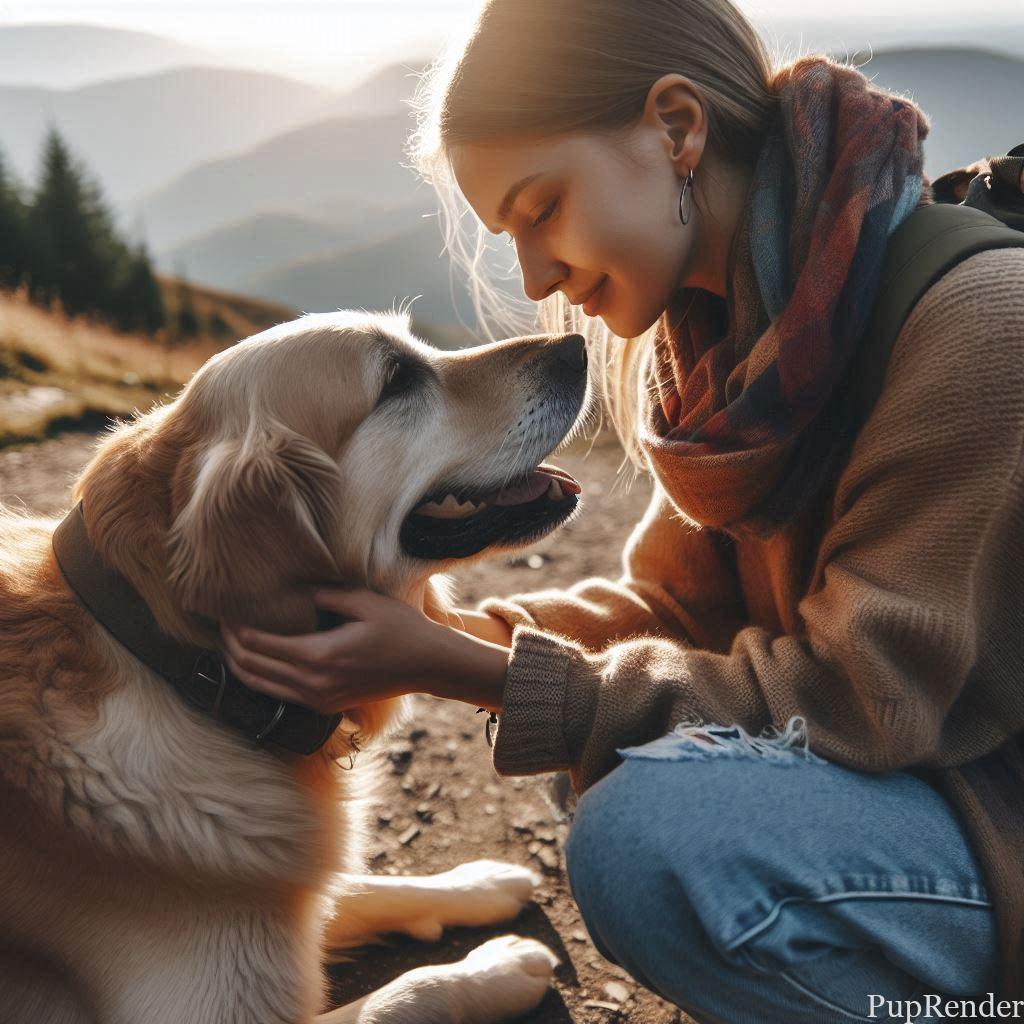
Genes and Dog Friendliness: A Scientific Breakthrough
Recent studies have even identified specific genes linked to friendliness in dogs. Researchers found that dogs with certain genetic markers are more likely to seek out human companionship, compared to their wild counterparts, like wolves. This discovery suggests that dog friendliness is not just a learned behavior, but something that has been passed down through generations.
If you’re interested in discovering more incredible facts about dogs, take a look at this amazing story about a dog that melted hearts everywhere: This Dog’s Story Will Melt Your Heart.
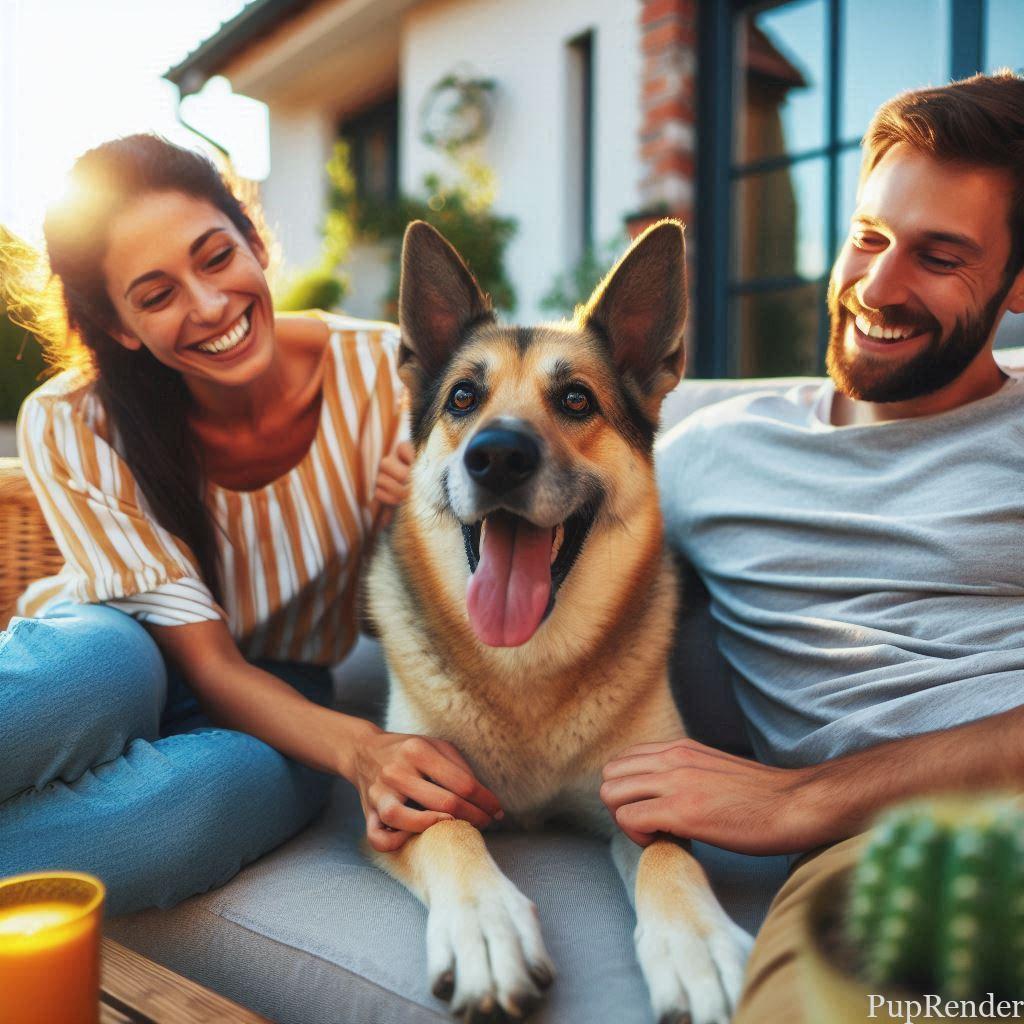
Socialization: Why Early Exposure is Key
While genetics play a significant role in dog friendliness, socialization during puppyhood is equally important. Dogs who are exposed to a variety of people, places, and situations early in life tend to grow up more confident and outgoing. Proper socialization helps them understand how to behave in social settings, reinforcing their natural friendliness.
If you’re looking for ways to improve your dog’s social behavior, check out our article on The Benefits of Socializing Your Dog Early.
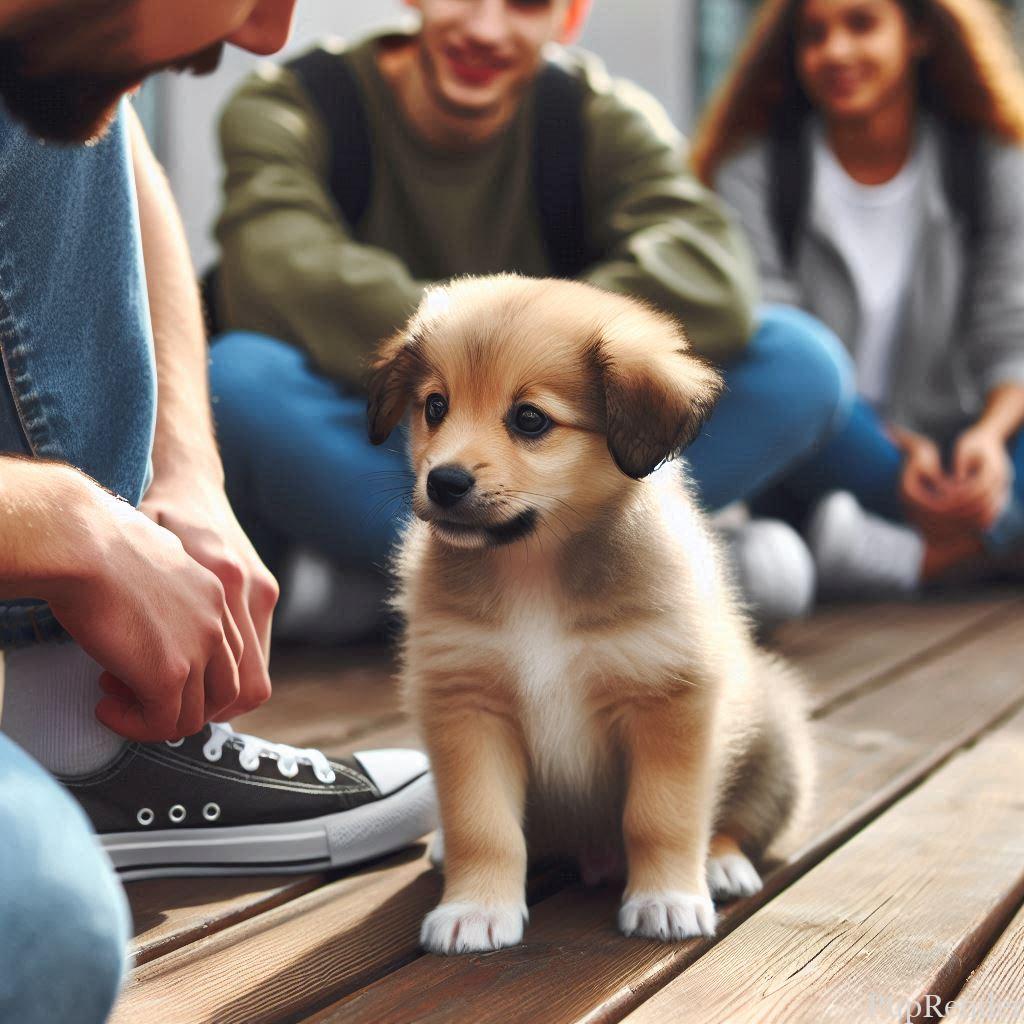
How Dog Friendliness Benefits Humans
The benefits of dog friendliness go beyond companionship. Studies have shown that interactions with friendly dogs can help reduce stress, anxiety, and even lower blood pressure. Dogs provide emotional support, helping to improve our mental health and overall well-being. For more insights on how dogs impact mental health, visit How Dogs Improve Your Mental Health.
Dogs are also natural social catalysts, encouraging interactions among humans. Their friendly nature often leads to more conversations with neighbors or fellow dog owners at the park. For those looking to build a social circle, dogs can be excellent icebreakers.
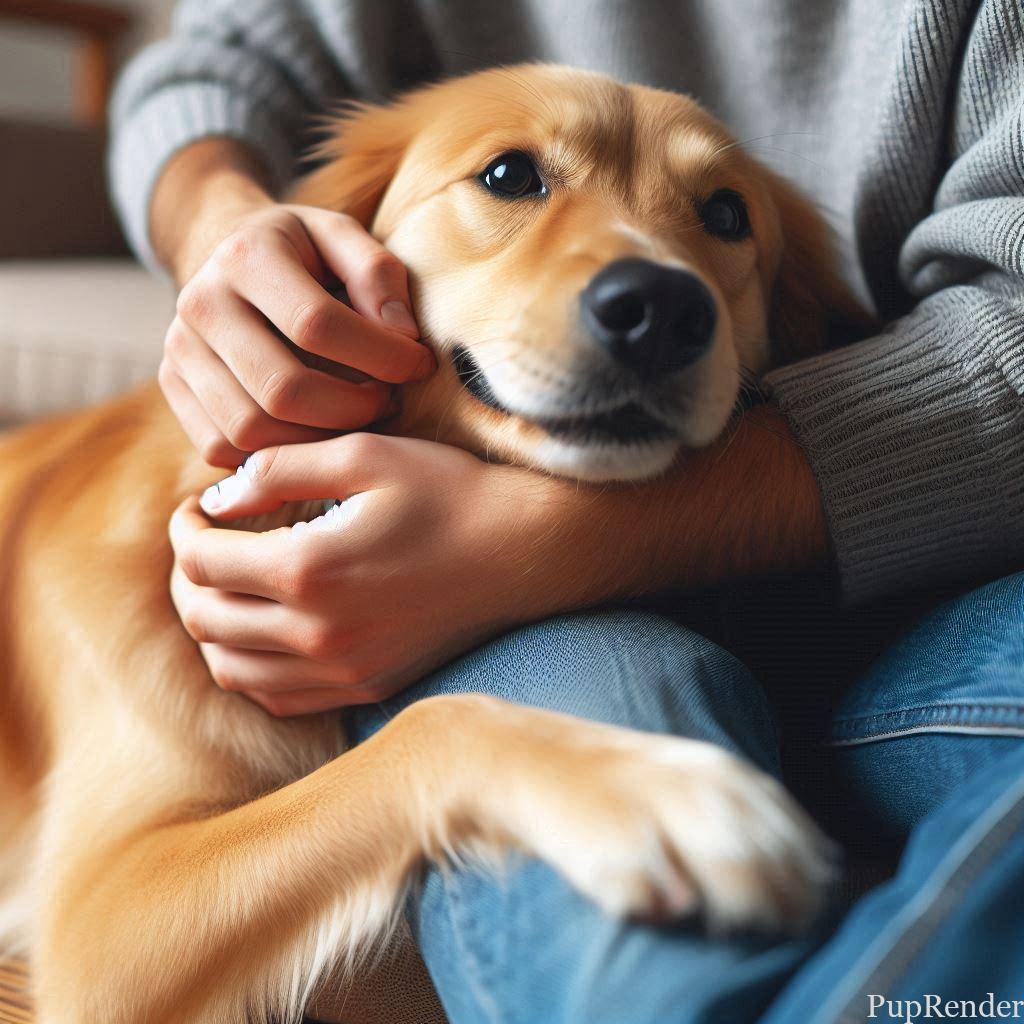
You Won’t Believe What This Dog Did!
Celebrate the Bond: The Science Behind Why We Love Dogs
Dogs’ friendliness is a beautiful mix of evolution, hormones like oxytocin, genetics, and proper socialization. Their ability to connect with us on such a deep level makes them not only ideal companions but also valuable contributors to our emotional well-being.
Are you wondering how to strengthen your bond with your dog even further? Check out our tips in 5 Ways to Bond with Your Dog!





